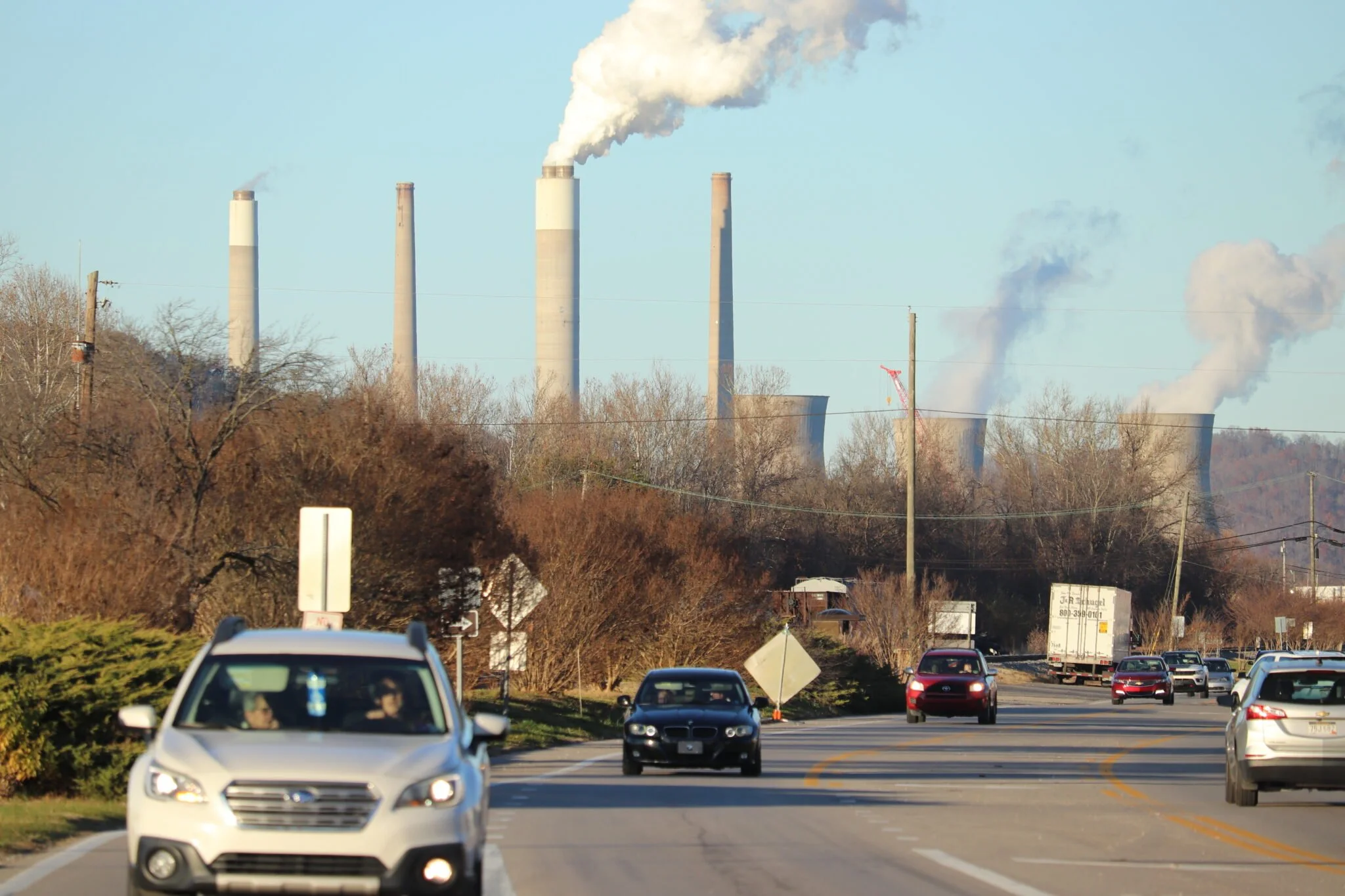CHARLESTON, W.Va. – CHARLESTON, W.Va. – After months of advocacy from West Virginians and community groups, the Public Service Commision approved a settlement that will help protect the growth of solar in West Virginia. Last year, utilities Mon Power and Potomac Edison proposed substantially altering the state’s net metering system, reducing the credit that customers receive for generating and contributing excess solar power to the grid. The Commission-approved settlement, which solar advocates helped negotiate, protects the rights of existing net metering customers, provides nine more months for new customers to enroll in net metering, and establishes a fair rate for customers who enroll in 2025 and future years.
Up to now, all West Virginia net metering customers have been credited at a 1-to-1 rate, meaning energy they provide to the grid is worth the same as energy bought from utilities. Before this case was filed, residential customers received 11.5 for every kilowatt-hour of energy they contributed to the grid. Mon Power and Potomac Edison initially proposed slashing this rate to nearly 6.6 cents per kilowatt-hour.
This attack on energy freedom sparked outrage among West Virginians statewide, including a coalition of representatives from members of West Virginians for Energy Freedom (WV4EF), including West Virginia Citizen Action Group, The West Virginia Environmental Council, Solar United Neighbors, Energy Efficient West Virginia, and Solar Holler. Energy freedom advocates signed petitions, attended public hearings, rallied at the State Capitol, and sent over 1,500 letters of protest to the Public Service Commission.
Due largely to these grassroots efforts, the newly-signed settlement ensures existing net metering customers will keep their 1-to-1 credit rate for the next 25 years. Customers who apply to participate in net metering before the end of 2024 will also be guaranteed this rate—as long as they meet certain installation deadlines. Those who apply for interconnection after the end of 2024 will receive a rate of roughly 9.34 cents per kilowatt hour contributed, a rate that will be locked in for a two-year period before it can change.
“When solar supporters join together, we win. Thanks to the activism of thousands of West Virginians, plus our tenacious legal team, solar will enjoy a promising future in our state,” said Leah Barbor, a founding member of WV4EF and West Virginia Program Director of Solar United Neighbors. “With the extension of 1-to-1 net metering credits through the end of the year, 2024 is a great time for homeowners to join the state’s rapidly growing solar industry, which is creating jobs, helping families build wealth, and increasing the reliability of our energy grid.”
Regrettably, the Commission did not accept another settlement term that would prevent the net metering credit from changing by more than 10 percent from year to year. “We are disappointed that the rate stability term was not adopted,” said Barbor. “This term will make it harder for low- and middle-income West Virginians to go solar.” Parties in the case are evaluating potential next steps.
On the same day, the Public Service Commission approved three other settlements that were supported by several members of WV4EF. Those settlements included provisions that are also supportive of energy freedom. One of the settlements maintained funding of a program that helps low-income customers pay their bills, and establishes a program that will help low- and middle-income ratepayers access support to reduce energy burdens. Another settlement will help ensure that Mon Power’s power plants, whose costs are passed on to ratepayers, are operated more economically in future years.
“In addition to protecting solar, we’re pleased that the expensive FirstEnergy-owned power plants will be scrutinized to ensure they are run in a cost-effective way,” said Gary Zuckett, Executive Director of West Virginia Citizen Action, “and that low-income customers can avoid shutoffs with continued support from utility contributions to the Dollar Energy Fund.”
"Access to weatherization and efficiency programs is essential," stated Robin Blakeman, Executive Director of Energy Efficient West Virginia. “With the expansion of the Energy Assistance Outreach program and enhanced weatherization support, we're poised to significantly reduce energy usage for low-income West Virginians,” Blakeman continued.
These landmark settlements, enriched by the unwavering dedication of West Virginia's energy advocates and underscored by these strategic enhancements to energy assistance and efficiency programs, marks a significant step forward in ensuring a sustainable, equitable energy future for all West Virginians.
Contact: Courtney MacDonald, 781-974-3137, courtney@energyfreedomwv.org
West Virginians for Energy Freedom is a coalition of neighbors, community organizations, local businesses, municipalities, and elected officials advocating for energy freedom in West Virginia.

